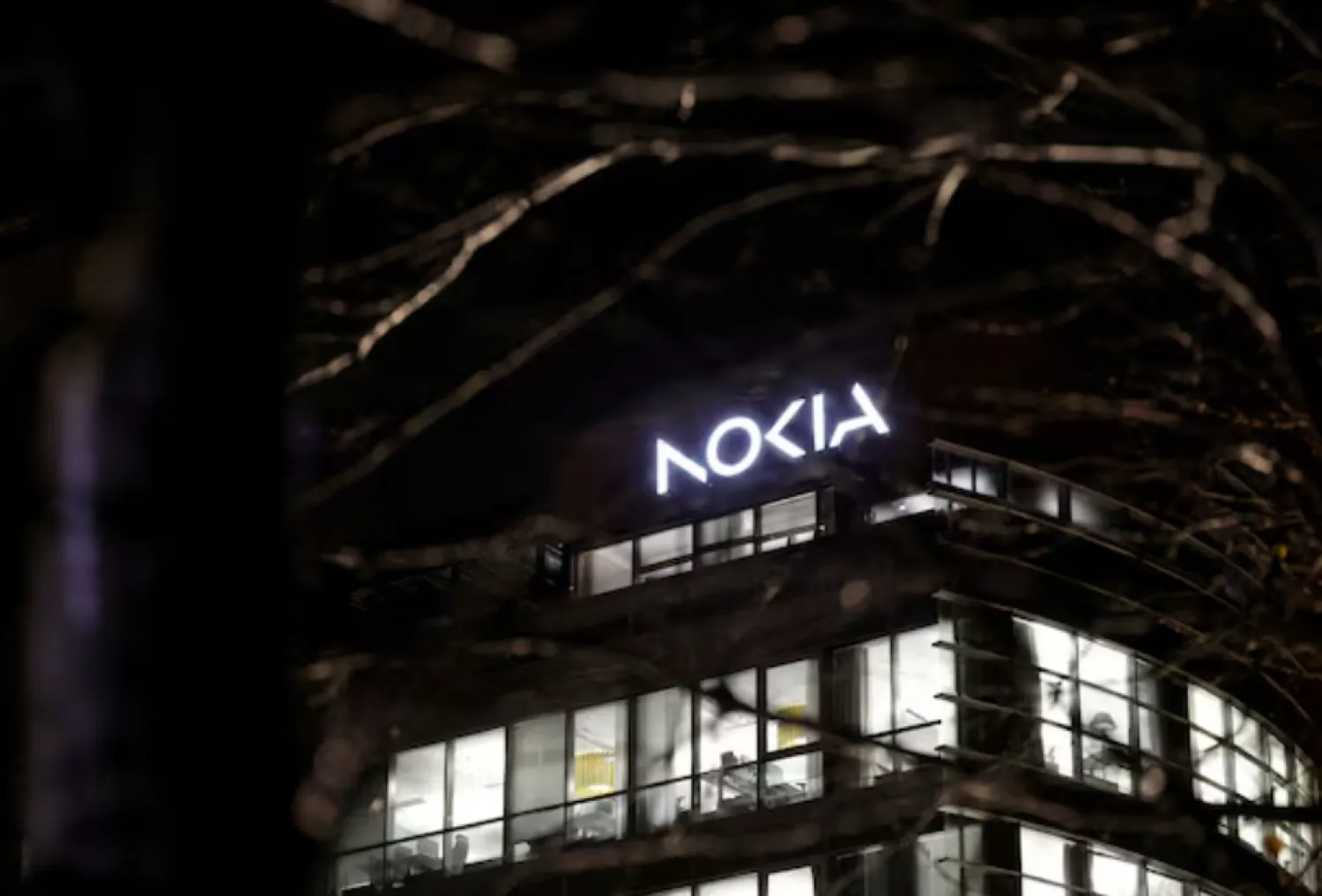SEC Drops Case Against SolarWonds, Ends Suit Against Top Security Officer
The Securities and Exchange Commission filed a joint motion on November 20, 2025 to dismiss with prejudice its civil enforcement action against SolarWinds Corp and the company’s chief information security officer, Timothy Brown. The rare withdrawal closes a contentious chapter that had unsettled the cybersecurity community by raising the prospect of personal liability for corporate security leaders.

The Securities and Exchange Commission on November 20 moved to dismiss with prejudice its high profile civil enforcement action against SolarWinds Corp and the company’s chief information security officer, Timothy Brown, bringing an end to a case that had drawn intense scrutiny since it was filed in 2023. The suit was tied to the 2020 Sunburst intrusion, the supply chain compromise of SolarWinds Orion software that exposed federal agencies and private companies to prolonged espionage.
The joint motion, filed by the SEC and SolarWinds, followed months of negotiations and came after a judge had already tossed much of the agency’s original case. Dismissal with prejudice means the SEC is barred from refiling the same claims, a legal conclusion that offers finality for the company and its security leadership. SolarWinds welcomed the move as resolving uncertainty for security leaders who had feared that aggressive regulatory enforcement could carry personal consequences for operational decisions.
When the SEC first brought the enforcement action in 2023, it signaled a new posture for the agency, which has increasingly focused on corporate disclosures related to cyber risk. The SolarWinds case became a lightning rod because it sought to hold an individual executive accountable under securities laws for a cyber incident rooted in a sophisticated third party compromise. That prospect prompted debate within legal and cybersecurity circles about how to assign responsibility for complex technical failures and about the kinds of disclosures public companies must make to investors.
Legal analysts have said the dismissal will ease immediate pressure on chief information security officers and other security executives, many of whom had expressed concern that fear of liability could push seasoned professionals away from high risk positions or prompt overly conservative behavior that might hinder timely incident response. At the same time, the end of the lawsuit does not eliminate broader questions about corporate governance, disclosure practices, and how regulators should police cybersecurity risk.
The Sunburst attack in 2020 was notable for its reach and stealth, leading to a reexamination of how companies vet software updates and manage supply chain risk. The SEC’s pursuit of the case reflected an emerging emphasis on linking cyber incidents to investor disclosure obligations. With the case now concluded, the SEC’s future approach to cyber enforcement remains a subject of attention for companies, boards, and investors.
For SolarWinds, Wednesday’s filing removes a legal cloud that has shadowed the company and its leadership for nearly three years. For the cybersecurity profession, the outcome is likely to be seen as a reset point in an ongoing conversation about accountability and the incentives needed to attract and retain security talent. Regulators and market actors will continue to grapple with how to balance accountability, transparency, and operational practicality as cyber threats evolve.


